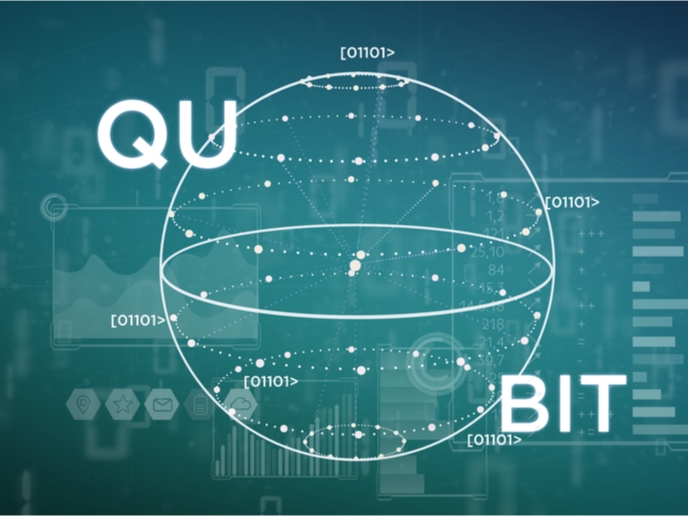Towards quantum communications for all
Quantum technologies have the potential to revolutionise how we go about computing, communicating, measuring and sensing. There are, however, a number of obstacles that must be overcome before this technology becomes a part of our everyday lives. This is where the EU-funded QCALL project comes in. “QCALL is dedicated to overcoming these obstacles and facilitating the widespread deployment of quantum communications,” says Mohsen Razavi, a professor at the University of Leeds and QCALL project coordinator. “That’s why we call the project ‘quantum communications for all’!” QCALL is part of the European Innovative Training Networks (ITN), an initiative that aims to train the next generation of creative, entrepreneurial and innovative early-stage researchers.
Addressing key challenges
By bringing together 15 doctoral researchers, the QCALL project set out to address the key challenges facing quantum communications technologies. For example, one group of researchers developed prototypes with provable security that could serve as the first generation of metropolitan-area quantum networks. “With the advancement of fibre-to-the-home technology, it won’t be long before most households are directly connected to an optical fibre network,” explains Razavi. “To take advantage of this, our researchers have demonstrated quantum key distribution on a chip and at unprecedented distance records.” One of the ultimate goals of quantum communications is to enable two network users, at any distance, to exchange secret keys. As this will initially be achieved via a network of trusted nodes, the QCALL project also focused on developing long-distance quantum networks via both satellite links and the so-called quantum repeater systems. A third line of research was dedicated to devising novel cryptography primitives and the services needed to enable widespread exploitation of quantum communications. Building on existing developments in the field, QCALL researchers have developed new protocols and the supporting devices needed to implement such systems.
The next generation of EU researchers
According to Razavi, the key to the project’s success has been its team of young, ambitious researchers. “These researchers have undergone a remarkable transformation during this project,” he says. “They are now ready to lead the next generation of research in the EU – that will be the true legacy of the QCALL project.” With the project set to conclude in November 2020, researchers are busy finalising their deliverables – a timeline that has inevitably been impacted by the COVID-19 pandemic. With this in mind, the project is pursuing various routes to support continued research in quantum communications.
Keywords
QCALL, quantum communications, quantum technologies, computing, Innovative Training Networks, quantum networks, optical fibre







